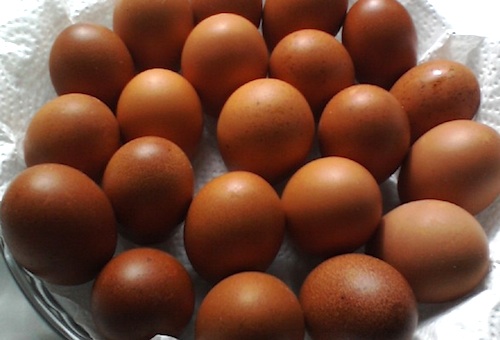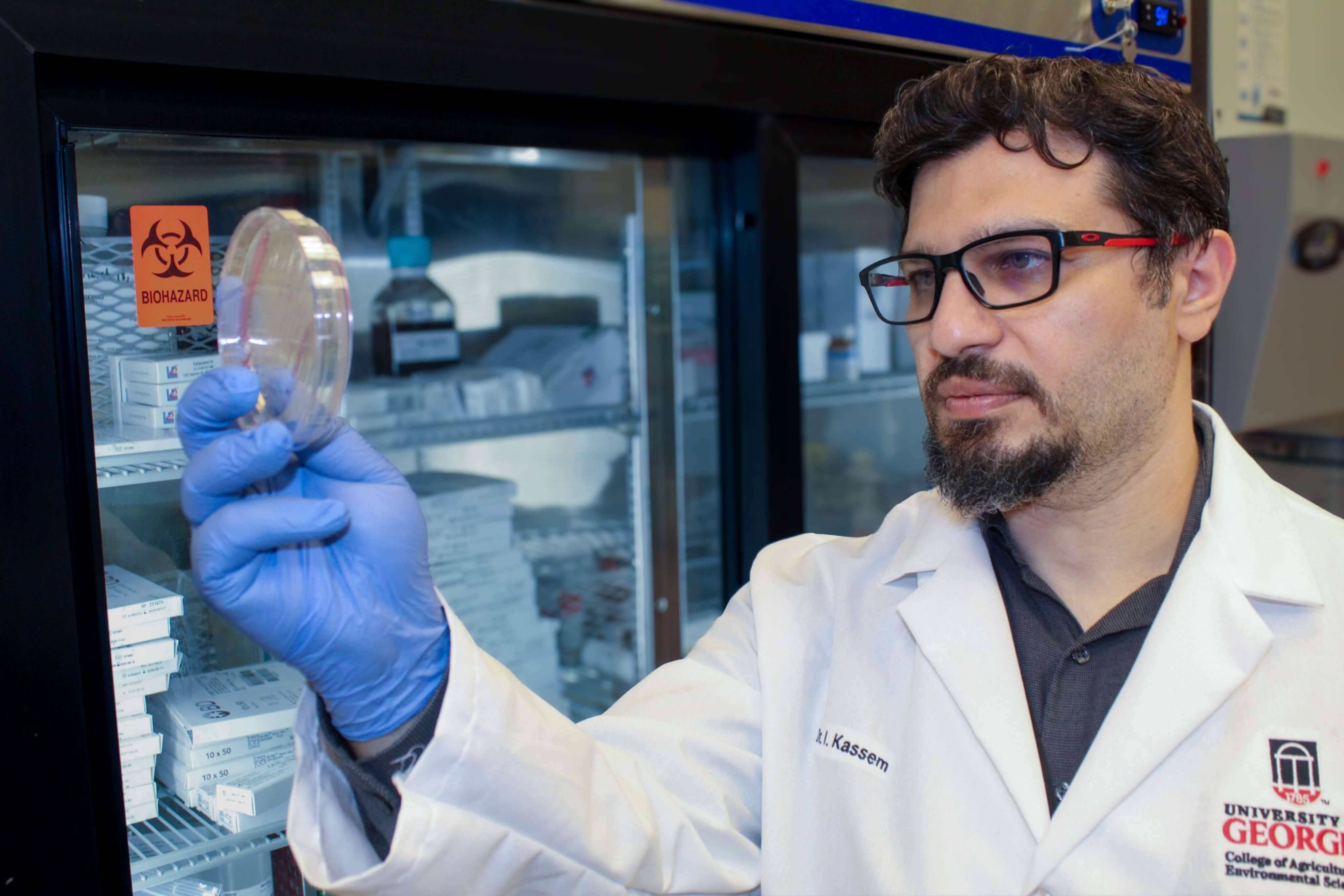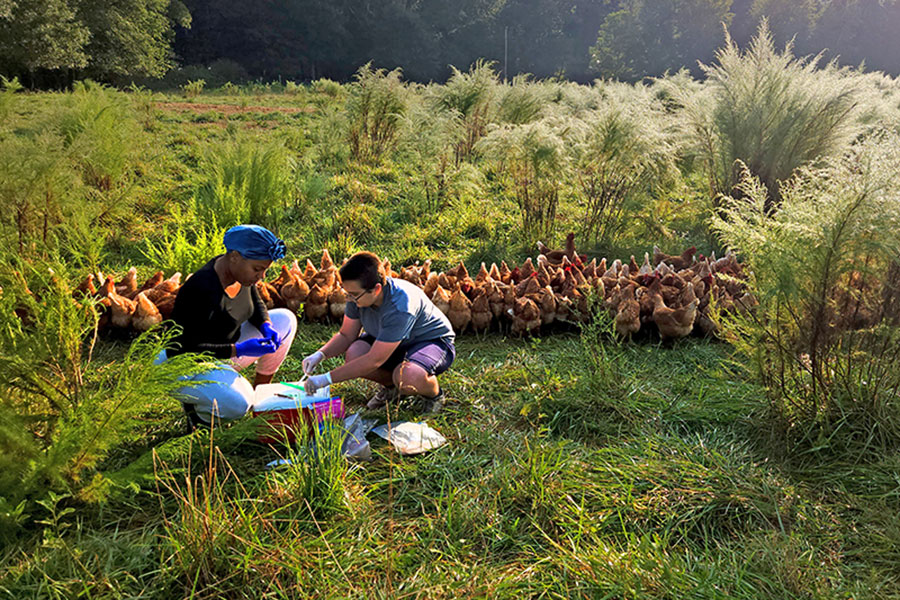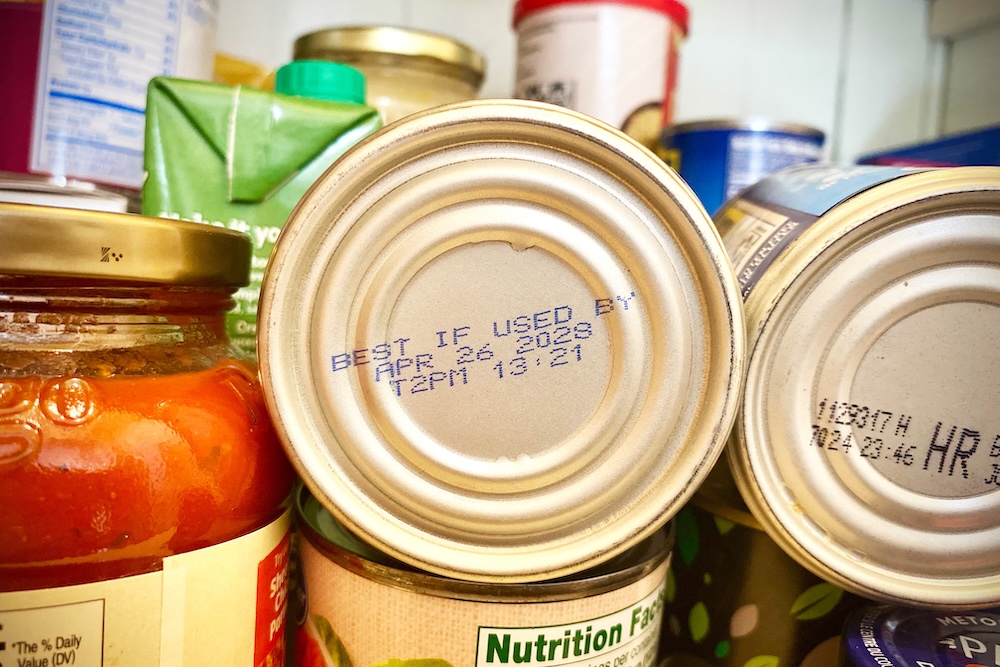Raising a flock of backyard chickens ensures that you have a steady supply of fresh eggs. But if you plan to sell those eggs, Georgia law requires the eggs be candled.
“Candling is the age-old method of looking inside an egg — without breaking it open — and figuring out what’s going on inside,” said Brian Maddy, University of Georgia Cooperative Extension agent in Troup County. “In the days before electricity, candles were used to illuminate the eggs.”
Farmers initially candled eggs to determine if a viable embryo was inside and to check the development of the baby chick, he said.
The procedure also helps farmers determine the quality of the eggs for human consumption. The amount of air inside the shell indicates the egg’s freshness. Looking at the egg’s air cell, the yolk and the albumen, or egg white, determines whether the egg should be graded AA, A, B or inedible.
“Small poultry flocks have become very popular in Georgia, and some backyard farmers are very interested in supplementing their income by selling farm-fresh eggs,” Maddy said.
To be sold, all chicken eggs must be evaluated by a certified grader and appropriately packaged and labeled in accordance with the Georgia Egg Law and Georgia Food Act. To sell eggs to a grocery store, bakery or restaurant, the Georgia Department of Agriculture (GDOA) must license the farmer’s candling facility. The no-cost, lifetime certificate is obtained by passing both written and hands-on candling examinations.
Experts with the GDOA teach classes on egg candling and local UGA Extension offices often host these classes. Four egg candling classes have been scheduled by GDOA in July: Friday, July 15, in Spalding County; Monday, July 25, in Bibb County; and Wednesday, July 27, in Walker County and Lowndes County. For more information, contact Bradley Brown at (770) 535-5955 or Hayley Pitts at (229) 386-3489 at the GDOA.








